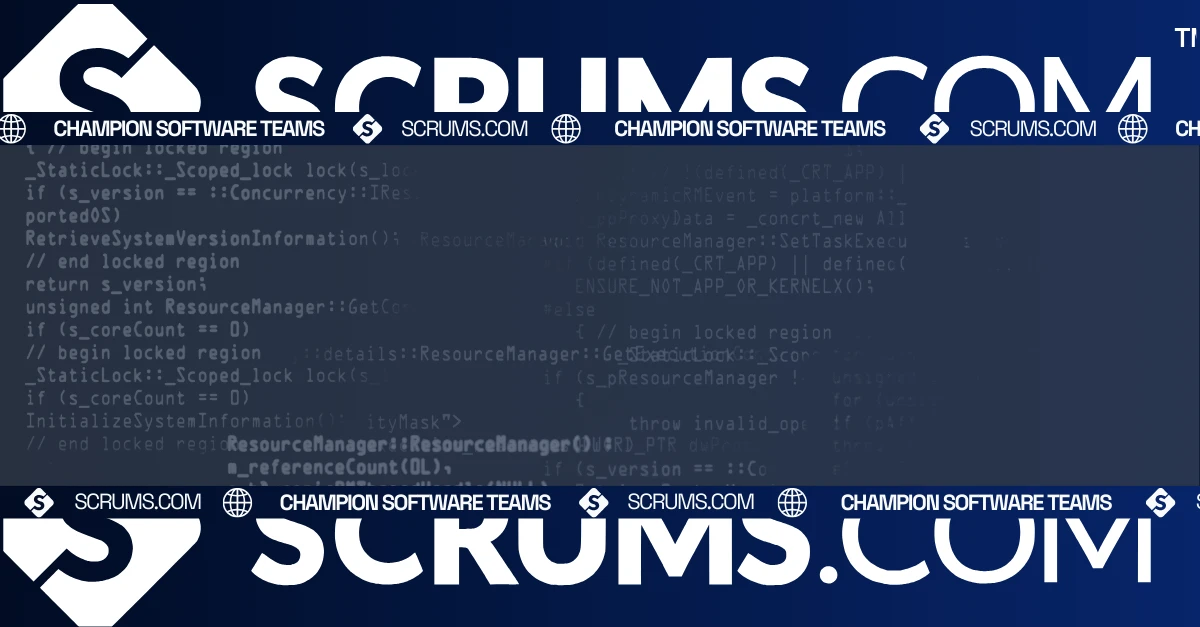GPT-Pilot: Autonomous Coding Assistant for Developers
Repository Overview
GPT-Pilot by Pythagoria.io is an open-source project designed to serve as an autonomous coding assistant. Leveraging the power of GPT (Generative Pre-trained Transformer) models, GPT-Pilot helps developers automate repetitive tasks, generate code snippets, debug, and suggest improvements in real-time. The repository is targeted at developers, software engineers, and software development companies looking to enhance productivity and streamline coding workflows through AI-powered tools.
Information compiled in September 2024, information is subject to change:
- Stars on GitHub: 29.8K
- Forks: 3K
- Contributors: 45
- Last Update: September 2024
Core Features and Benefits
Autonomous Code Generation: GPT-Pilot can automatically generate code snippets based on natural language prompts, saving developers time on boilerplate and repetitive code.
Code Refactoring and Optimization: Suggests improvements and refactoring options for existing code, ensuring cleaner, more maintainable codebases.
Error Detection and Debugging: Integrates with IDEs to provide real-time error detection and debugging suggestions, reducing the time spent on troubleshooting.
Multi-Language Support: Supports multiple programming languages, including Python, JavaScript, Java, and more, providing flexibility for diverse development environments.
Seamless Integration with Development Tools: Easily integrates with popular IDEs like VS Code, PyCharm, and IntelliJ IDEA, allowing developers to use GPT-Pilot directly within their preferred environments.
Benefits for Developers:
Accelerates development processes by automating code generation and debugging.
Enhances code quality through intelligent refactoring and optimization suggestions.
Benefits for Business Stakeholders:
Reduces development costs by minimizing the time spent on repetitive tasks.
Increases team productivity and software delivery speed, leading to faster time-to-market.
Use Cases
Accelerating Development Workflows: GPT-Pilot is widely used by software development companies to automate repetitive coding tasks, reducing the workload on developers and increasing productivity.
Improving Code Quality: Development teams leverage GPT-Pilot to ensure code consistency and quality by integrating its code review and refactoring suggestions into their CI/CD pipelines.
Onboarding Junior Developers: GPT-Pilot serves as a valuable tool for onboarding junior developers, offering real-time code suggestions and guidance to help them learn best practices.
Getting Started Guide
Installation: Clone the GPT-Pilot repository and install the necessary dependencies using Python’s package manager:
git clone https://github.com/pythagoria-io/gpt-pilot.git
cd gpt-pilot
pip install -r requirements.txt
Configuration: Configure GPT-Pilot by setting up API keys and environment variables for the GPT model and desired IDE integration.
Run GPT-Pilot: Start the GPT-Pilot server and integrate it with your IDE for real-time assistance:
python gpt_pilot.py
Documentation and Support: Refer to the GPT-Pilot documentation for detailed setup instructions, usage guides, and API references.
Community and Support
GPT-Pilot is supported by an active community of developers, AI researchers, and software engineers. Key resources for support include:
GitHub Issues: For reporting bugs, requesting features, and engaging in discussions with the community.
Community Forums: Various forums and discussion groups where developers can collaborate, ask questions, and share best practices.
Official Documentation: Comprehensive resources available in the repository, including examples, FAQs, and usage guides.
Integration Possibilities
GPT-Pilot integrates seamlessly with popular development environments like VS Code, PyCharm, and IntelliJ IDEA. It can also be customized to work with CI/CD pipelines and project management tools, allowing for automated code reviews, continuous integration, and deployment workflows. The integration flexibility makes GPT-Pilot a valuable addition to any development team's toolkit.
Performance and Scalability
GPT-Pilot is optimized for performance and scalability, leveraging the GPT model's capabilities to provide fast and accurate code generation and suggestions. However, performance may vary based on the hardware setup and the complexity of the tasks being handled. The repository includes guidelines for optimizing GPT-Pilot performance for different environments.
Licensing and Security Considerations
GPT-Pilot is released under the MIT License, allowing for free use, modification, and distribution. This permissive license makes it suitable for both open-source and commercial projects. Users are encouraged to review the licensing terms to ensure compliance when integrating GPT-Pilot into their development workflows.
Maintenance and Longevity
GPT-Pilot is actively maintained by the team at Pythagoria.io and its community contributors. Regular updates, bug fixes, and new features are released to keep the tool up-to-date with the latest advancements in Artificial Intelligence (AI) and machine learning, ensuring its relevance and longevity in the software development landscape.
Alternatives and Comparisons
GitHub Copilot: An AI-powered code completion tool integrated with GitHub but lacks some customization options and deep integration capabilities provided by GPT-Pilot.
Tabnine: An AI assistant for code completions, but does not offer comprehensive features like autonomous code generation, refactoring, and debugging provided by GPT-Pilot.
Kite: A code completion tool powered by machine learning but may not provide the advanced features for code optimization and error detection available in GPT-Pilot.
Our Recommendation
Why Choose GPT-Pilot? If your organization is looking to leverage AI for coding assistance, automate repetitive tasks, and improve code quality, GPT-Pilot is an excellent choice. It offers robust integration capabilities, multi-language support, and active community backing, making it suitable for both small teams and large software development companies.
Common FAQs Around this Code Repo
GPT-Pilot is an autonomous coding assistant powered by GPT, ideal for developers and software development companies looking to automate repetitive coding tasks and enhance productivity.
Yes, GPT-Pilot integrates seamlessly with popular IDEs like VS Code, PyCharm, and IntelliJ IDEA, providing real-time coding assistance.
Yes, GPT-Pilot supports multiple languages, including Python, JavaScript, Java, and more, offering flexibility for diverse development environments.
Yes, GPT-Pilot provides intelligent suggestions for code refactoring and debugging, helping developers maintain clean and optimized codebases.
GPT-Pilot is licensed under the MIT License, allowing both personal and commercial use with minimal restrictions.
Explore Software Development Blogs
The most recent trends and insights to expand your software development knowledge.







